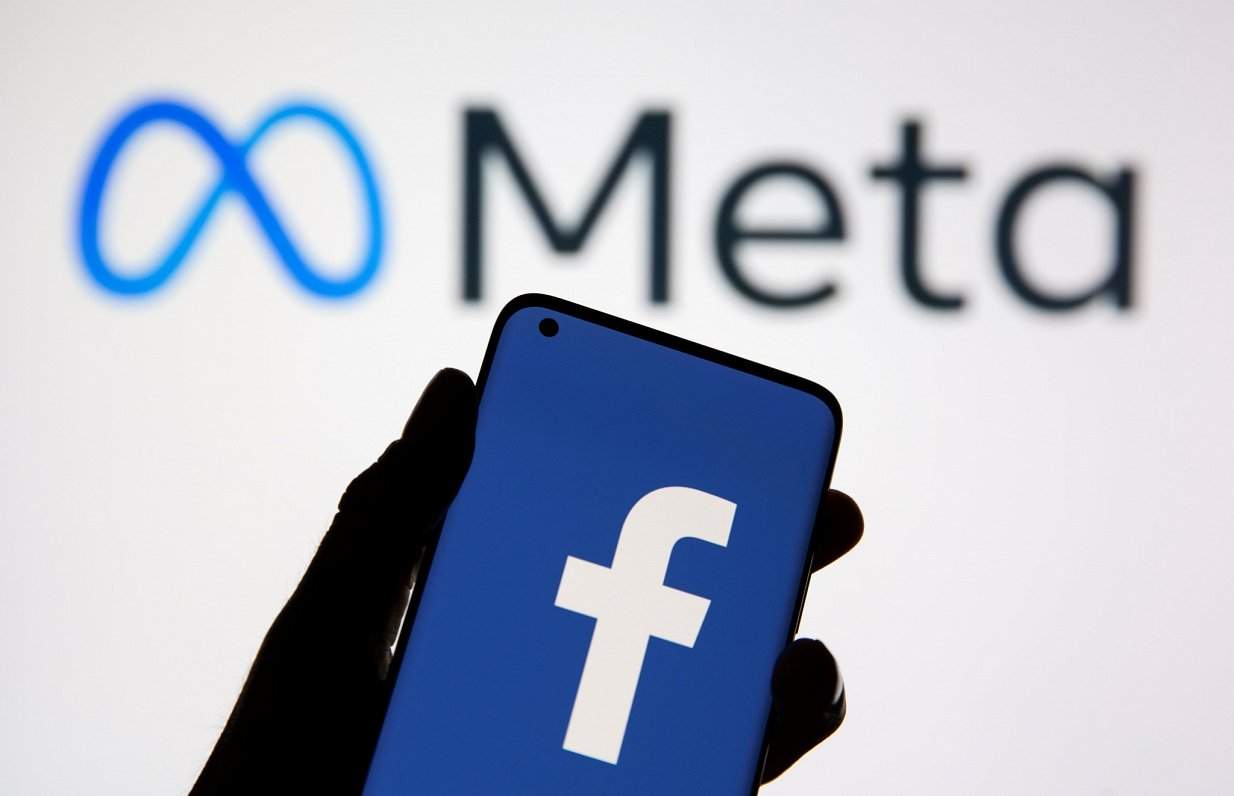In the race to dominate the AI landscape, Meta is making one thing abundantly clear: it’s willing to burn through billions to stay in the game.
Mark Zuckerberg’s company has already poured tens of billions into artificial intelligence development—building infrastructure, hiring talent, and acquiring cutting-edge hardware like Nvidia’s H100 GPUs. In fact, Meta is expected to spend over $40 billion in capital expenditures in 2024 alone, the majority of it funneled into its AI ambitions.
While other tech giants like Google and Microsoft are also investing heavily in AI, Meta stands out for its sheer scale and speed. The company is not just dabbling in generative AI—it’s betting the future of its entire platform ecosystem on it.
Building the AI Empire
At the heart of Meta’s AI strategy is Llama, its open-source large language model. With Llama 3 released earlier this year and Llama 4 already in development, Meta hopes to rival OpenAI’s GPT and Google’s Gemini in terms of power and adoption.
These models are being embedded across Meta’s family of apps—Facebook, Instagram, WhatsApp, and Threads—powering everything from smart replies to AI-generated content tools. Meta AI, the assistant built into its platforms, is designed to become a central part of how users interact with the company’s ecosystem.
To support this vision, Meta has scaled up its compute capacity at an extraordinary pace. By the end of 2024, it’s expected to have access to 600,000 AI GPUs, including over 350,000 Nvidia H100s—a setup that rivals even the most advanced supercomputers.
Short-Term Pain, Long-Term Power Play
But these ambitions come at a cost. Investors have expressed concern over the ballooning expenses, especially as other divisions like the metaverse-heavy Reality Labs continue to operate at a loss. In Q1 2024 alone, Reality Labs lost $3.8 billion, and Meta warned that losses would “increase meaningfully” throughout the year.
Still, Zuckerberg remains unfazed. He views AI as a long-term investment that could redefine the company’s business model—enabling smarter ads, personalized recommendations, new creator tools, and immersive user experiences that span both 2D and virtual environments.
The Bigger Picture
Meta’s massive AI investment isn’t just about chatbots or content creation. It’s about infrastructure dominance. Whoever owns the largest, fastest, most scalable AI stack will shape the next decade of digital life.


